Focus
Your Present Location: HOME> Focus-
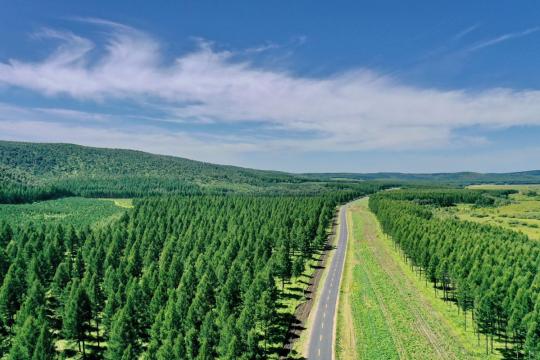
China Daily: Green finance grows to meet carbon goals
China has taken unprecedented action to cut emissions, report says
2021-09-24 -
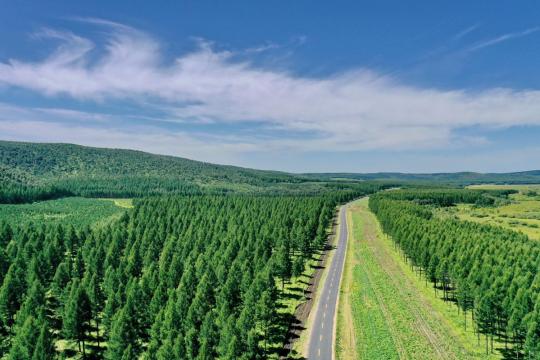
China Daily: Green finance grows to meet carbon goals
China has taken unprecedented action to cut emissions, report says
2021-09-24 -
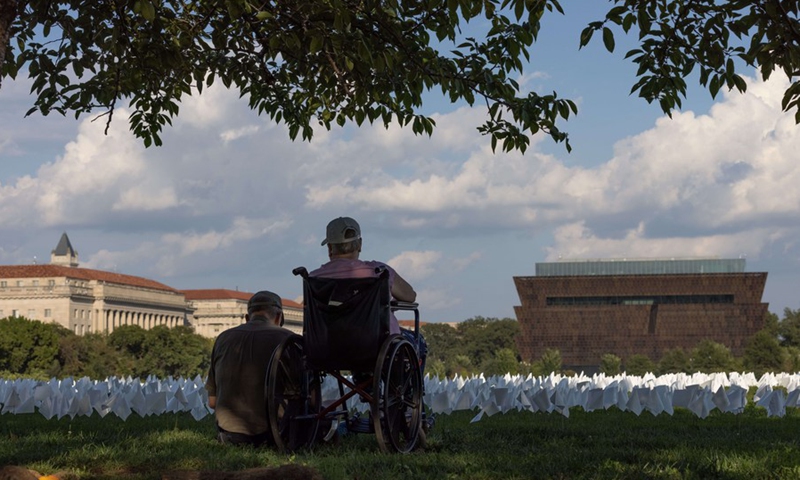
Biden boasts COVID-19 pledge despite anti-virus blunders in US
The irony speaks for itself. The US, where the unabated COVID-19 pandemic has claimed more lives in the country than the 1918 flu pandemic, and being accused as the world's biggest hoarder of surplus COVID-19 vaccines, sought to set a course for global vaccine allocation on Wednesday.
2021-09-24 -
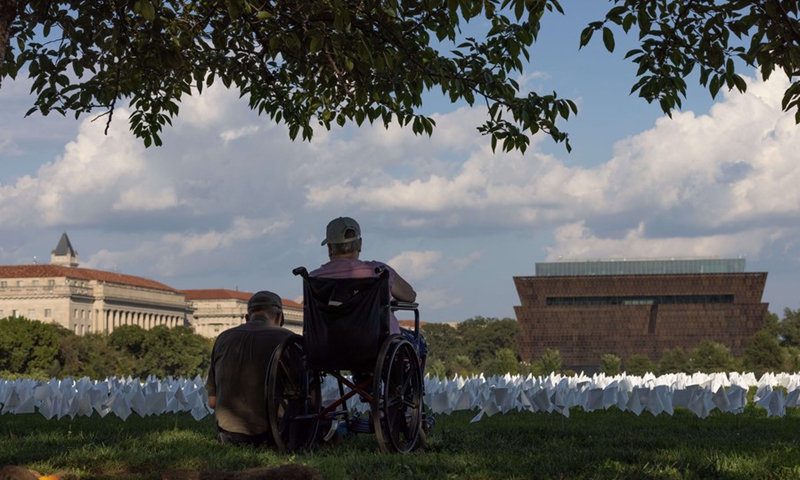
Biden boasts COVID-19 pledge despite anti-virus blunders in US
The irony speaks for itself. The US, where the unabated COVID-19 pandemic has claimed more lives in the country than the 1918 flu pandemic, and being accused as the world's biggest hoarder of surplus COVID-19 vaccines, sought to set a course for global vaccine allocation on Wednesday.
2021-09-24 -
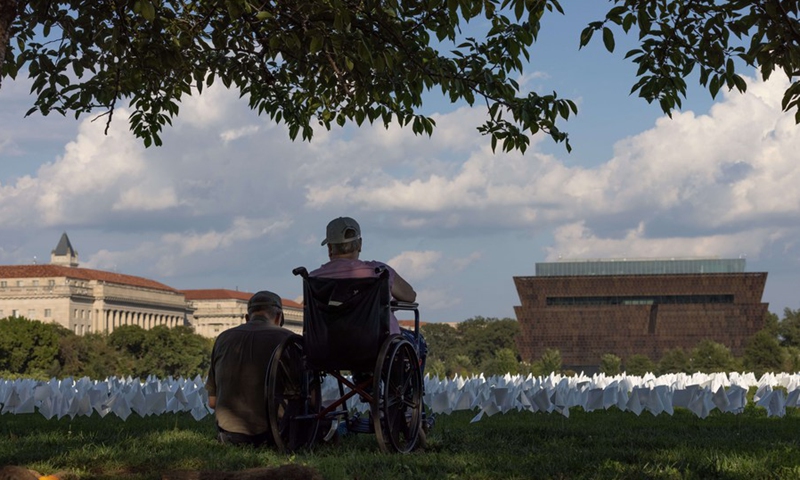
Biden boasts COVID-19 pledge despite anti-virus blunders in US
The irony speaks for itself. The US, where the unabated COVID-19 pandemic has claimed more lives in the country than the 1918 flu pandemic, and being accused as the world's biggest hoarder of surplus COVID-19 vaccines, sought to set a course for global vaccine allocation on Wednesday.
2021-09-24 -
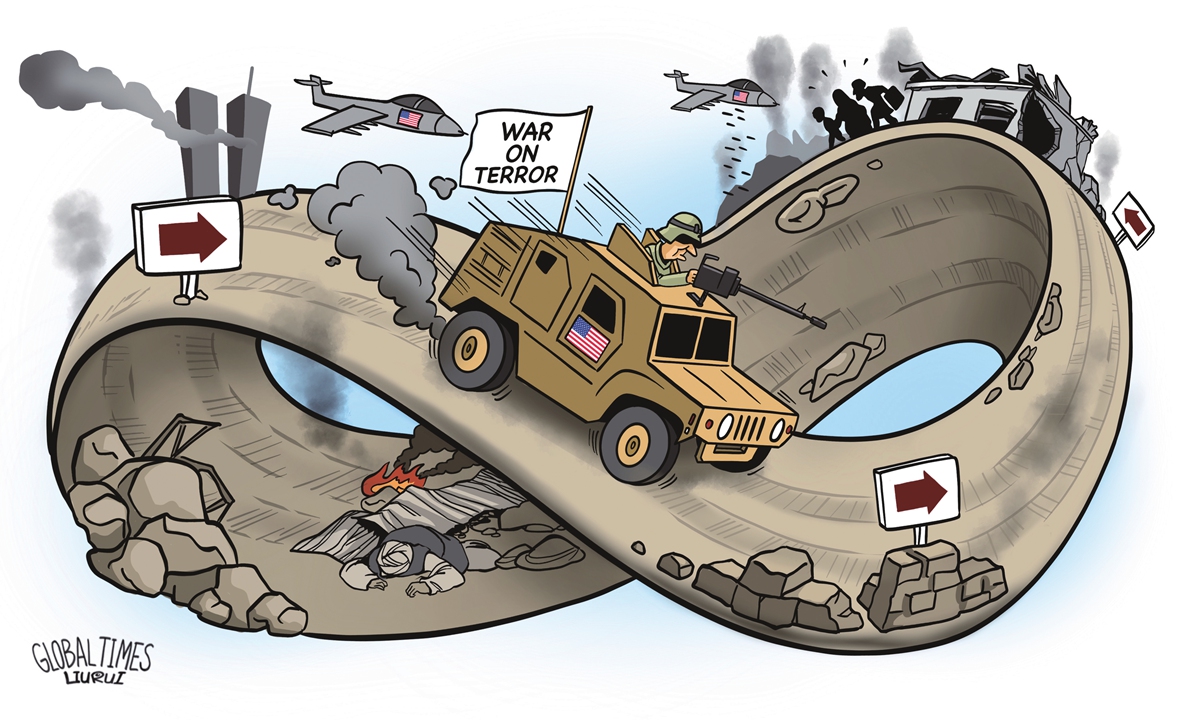
Ding Gang: US empire is bolstered by its military-industrial complex
Vladimir Lenin, late leader of Soviet Union, once argued that imperialist wars are absolutely inevitable under monopolist capitalism. The view is still of great significance to our understanding of the US today.
2021-09-24 -
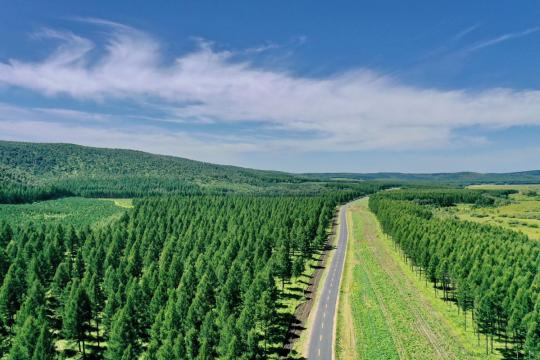
China Daily: Green finance grows to meet carbon goals
China has taken unprecedented action to cut emissions, report says
2021-09-24 -
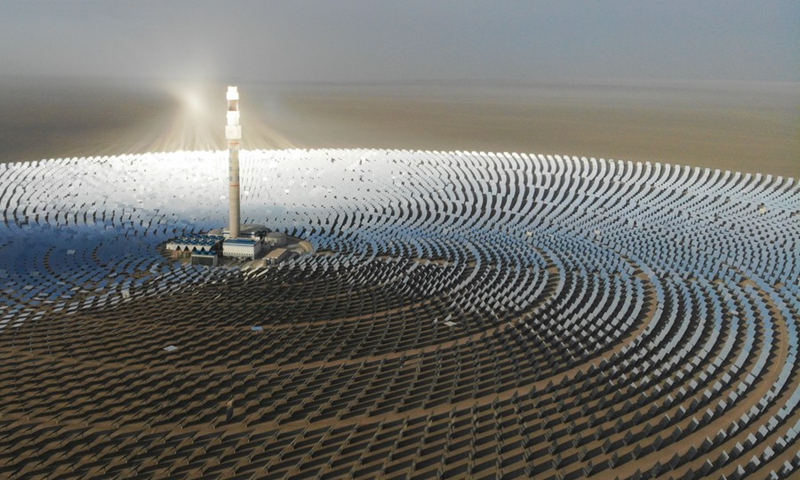
China will be the most efficient country in the world in reducing carbon emissions
China's "dual carbon" target will make it the most efficient country in the world in reduction of carbon emissions, an official mentioned on Wednesday, which marks the one-year anniversary of China's proposal to achieve carbon neutrality before 2060.
2021-09-23 -
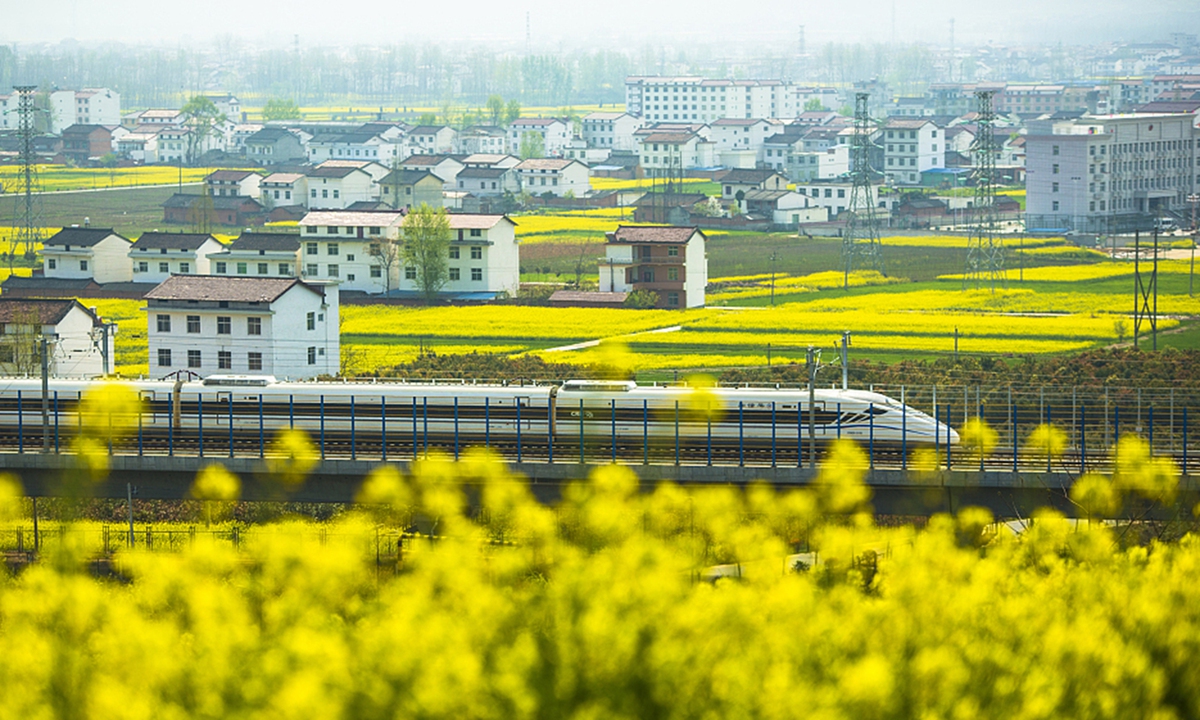
Wang Wen: China in the fast lane to realize carbon neutrality
The goal of China's carbon neutrality means that China aims to take the shortest time span in history to achieve the world's fastest carbon emission reduction, despite being the world's largest developing country. Compared with other developed countries, such as the US, Europe, and Japan, China's per capita GDP and per capita emissions at peak carbon emissions would be at a level lower than those countries when they achieve peak carbon emissions. This will bring about broad and profound economic and social systemic transformations. These need our great endeavors.
2021-09-23 -

Kevin Rudd: Asia Society CEO and President Kevin Rudd Discusses the Belt and Road Initiative, Shifting Dynamics of U.S.-China Relations
Asia Society Texas was honored to welcome Kevin Rudd, President and CEO of the Asia Society and Asia Society Policy Institute, for a discussion about China’s Belt and Road Initiative (BRI) in partnership with the Harvard Business School Club of Houston. Rudd spoke with moderator Charles Foster, Foster LLP Chairman and Asia Society Texas Center Lifetime Director, regarding the concerns and criticisms surrounding BRI, as well as the economic and security implications it has raised for the U.S. and Western countries amid the shifting balance of power between China and the U.S.
2021-09-22 -
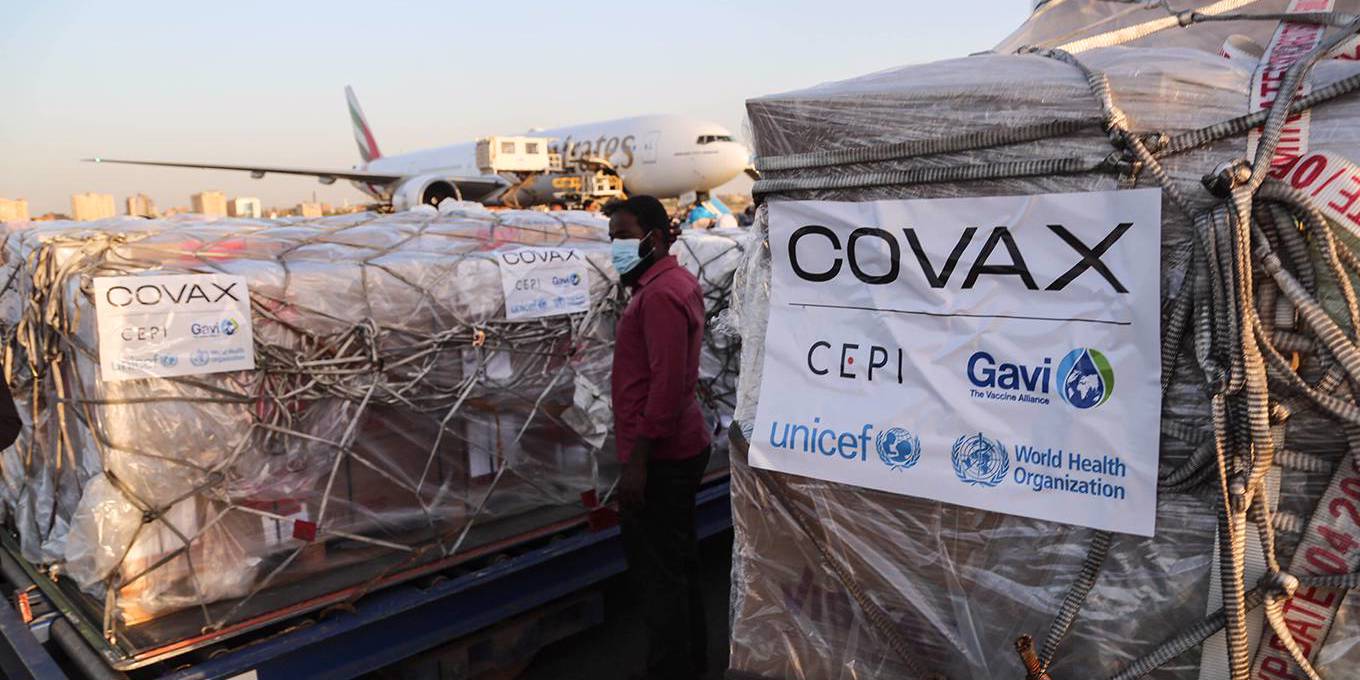
JEFFREY D. SACHS: Vaccine Producers Must Step Up
The world stands at a critical juncture of the COVID-19 pandemic. Countries that lack the first round of vaccine coverage are extraordinarily vulnerable to the highly infectious Delta variant, and are also seedbeds for new variants that could quickly spread worldwide. The Lancet COVID-19 Commission, which I chair, is working urgently with the United Nations system to strengthen the multilateral response. Governments of countries where vaccines are being produced – the United States, European Union members, the United Kingdom, India, Russia, and China – need to cooperate under UN leadership to ensure that a sufficient supply of vaccine doses reaches the poorest countries.
2021-09-22 -
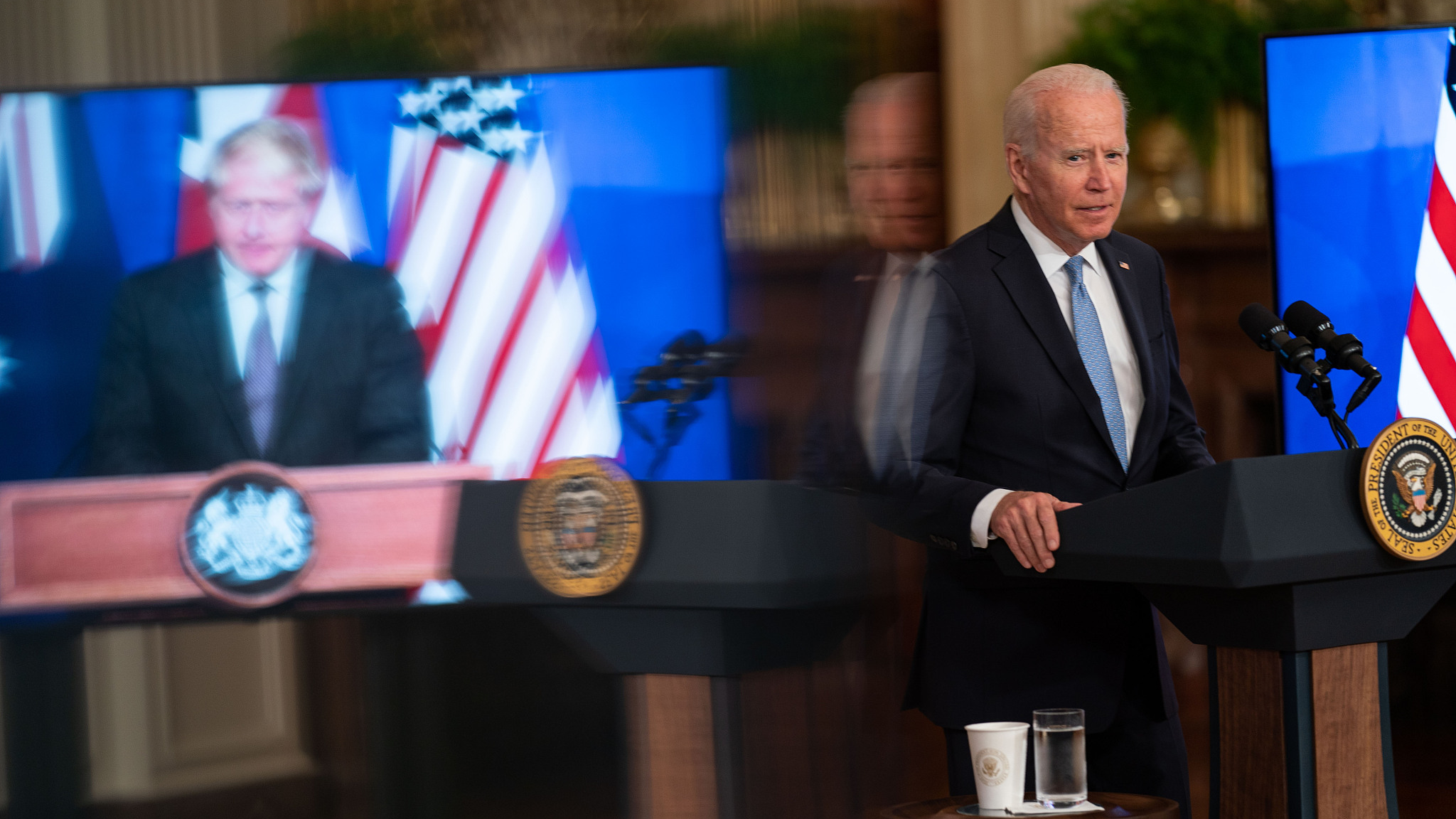
William Jones: Submarine deal presages a new round of 'gunboat diplomacy' against China
Did anyone imagine that the British Empire was a thing of the past? The latest moves by the Biden administration clearly indicate that it has been reincarnated under U.S. leadership and that the old "gunboat diplomacy" which in the 19th century was led by Her Royal Majesty Victoria is now being led by an American President. President John Quincy Adams warned long ago that the United States should never become "a cockboat in the wake of a British man-of-war".
2021-09-18 -
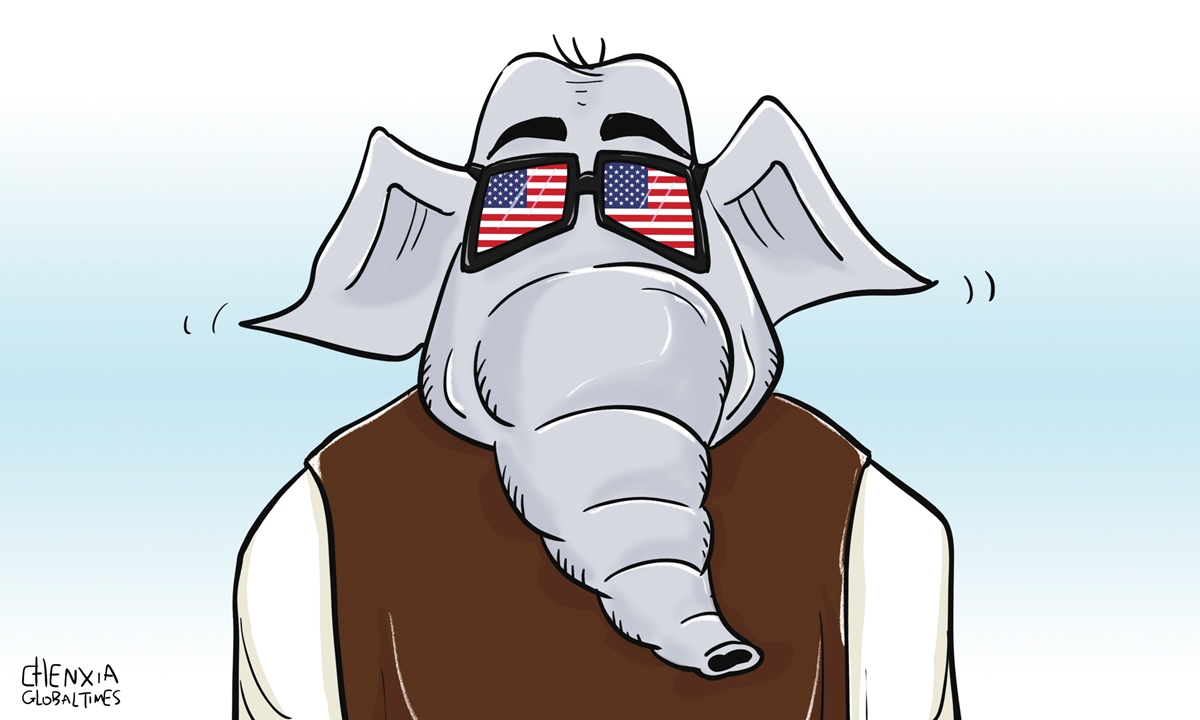
Long Xingchun: Being a staging post for US' strikes against Afghanistan is a bad choice for India
According to Indian media reports, the US is in touch with India about using it as a staging post for aerial strikes in Afghanistan, US Secretary of State Antony Blinken told the Senate Committee on Foreign Relations during a hearing on Monday.
2021-09-18 -
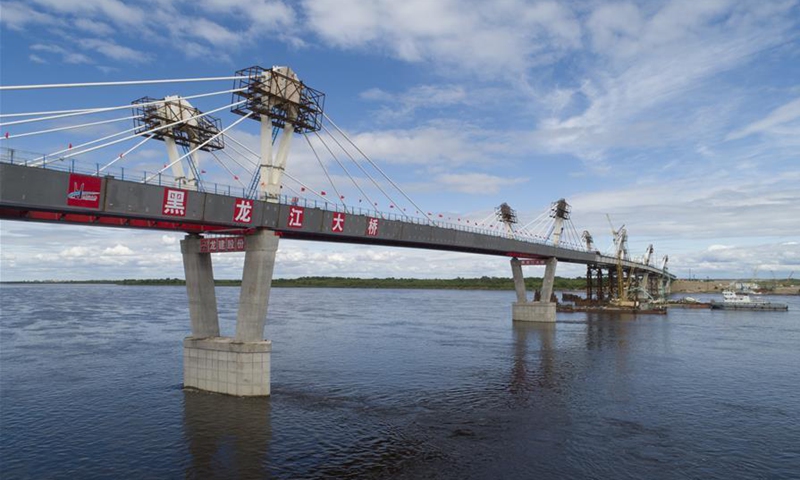
Yuri Tavrovsky: Chinese investments could unlock potential of Russia’s Far East, boost trade
Chinese companies could help quicken the pace of economic development in the Russian Far East, as both China and Russia have laid a solid foundation in policy support and cross-border infrastructure projects in the region, though a faster development in the region needs a little more Russian passion, Chinese experts said on Friday.
2021-09-18 -

Simon Zadek: Financing a sustainable global food system
The global food system is unsustainable. While it is worth approximately $8 trillion annually, its negative impact is valued at roughly $12 trillion. This is not the system's only contradiction. Around the world, food systems are both affected by climate change (owing to disruptive weather and rising temperatures) and make significant contributions to it (through greenhouse-gas emissions and biodiversity destruction). The millions of jobs they provide are often low-quality and poorly paid. Most significantly, they fail in their ultimate purpose of delivering affordable, healthy food to all.
2021-09-17 -
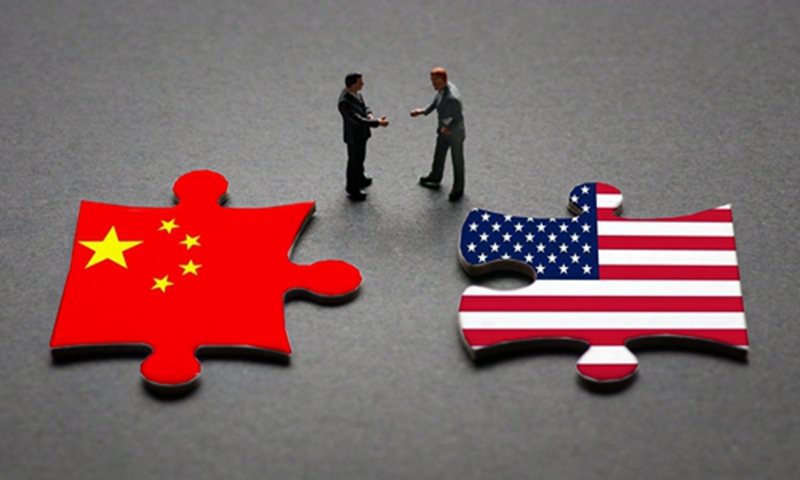
Ding Gang: US knows it cannot benefit at China's expense. But will it stop?
On the occasion of the 20th anniversary of 9/11 attacks, many academic institutions in China and the US held seminars to summarize the changes in the US, China and the world in the past two decades.
2021-09-16 -
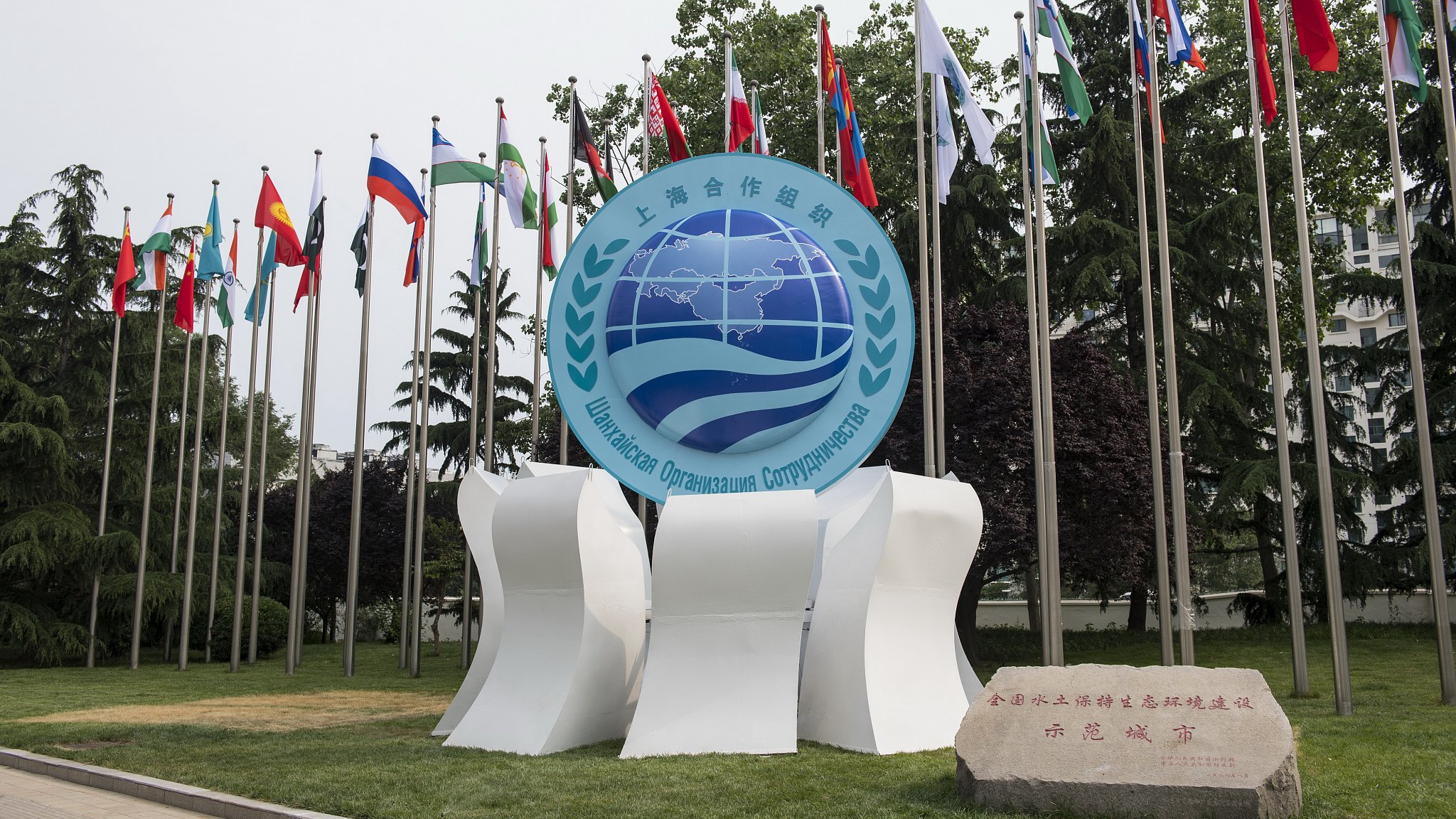
Djoomart Otorbaev: Iran is joining the SCO, which is good news for both
September 15 marks the 20th anniversary of the Shanghai Cooperation Organization (SCO), and the SCO summit is scheduled September 16-17. Besides the events marking the anniversary, another event will be of equal importance: Iran's addition to the SCO.
2021-09-16 -
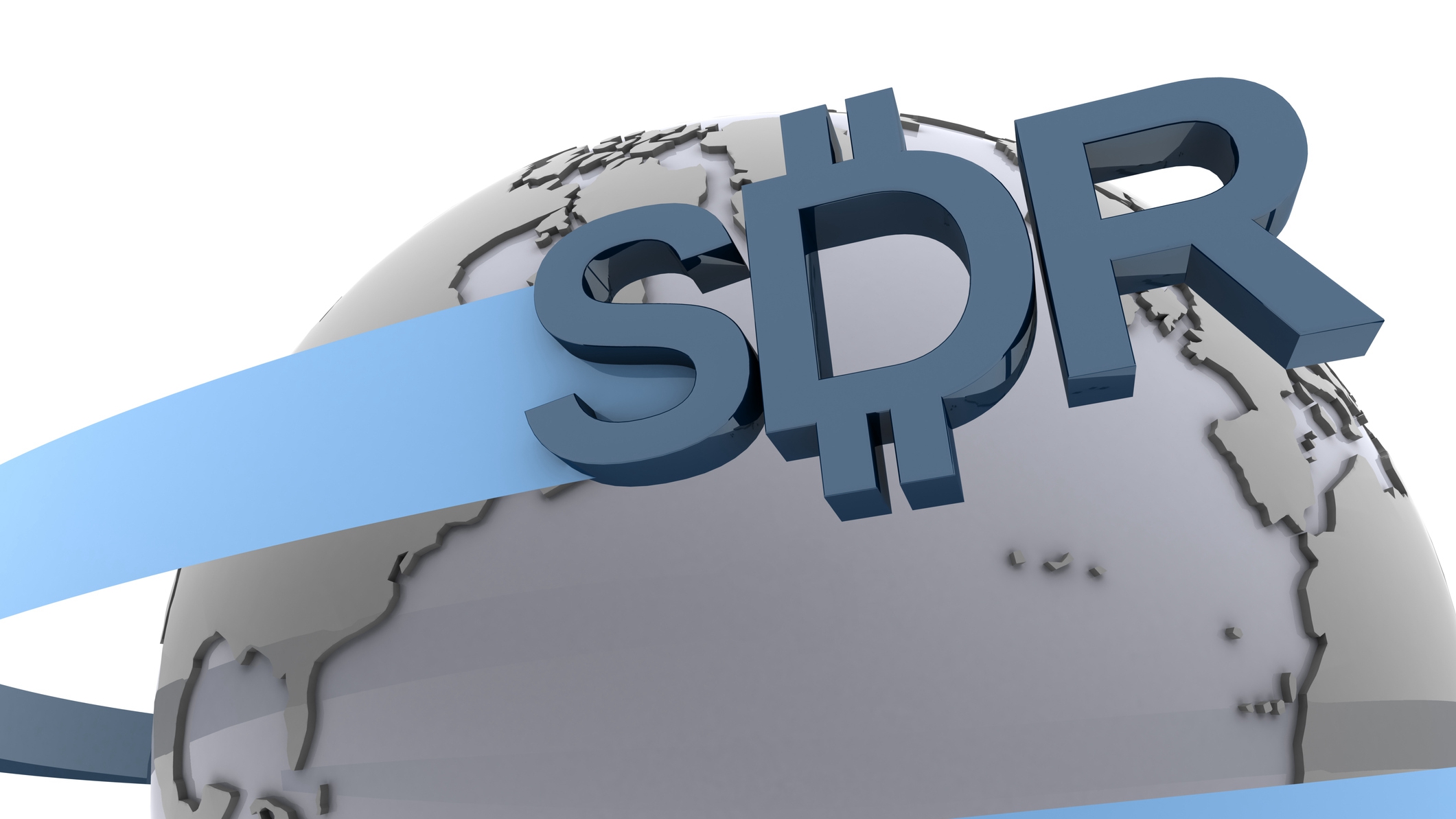
Djoomart Otorbaev: SDRs should be used by governments, not central banks
At the very beginning of the spread of the COVID-19 pandemic, it became clear that its impact on the world's affairs would be unprecedented. Among the first to realize the scale of the impending danger of pandemics were international financial institutions.
2021-09-14 -
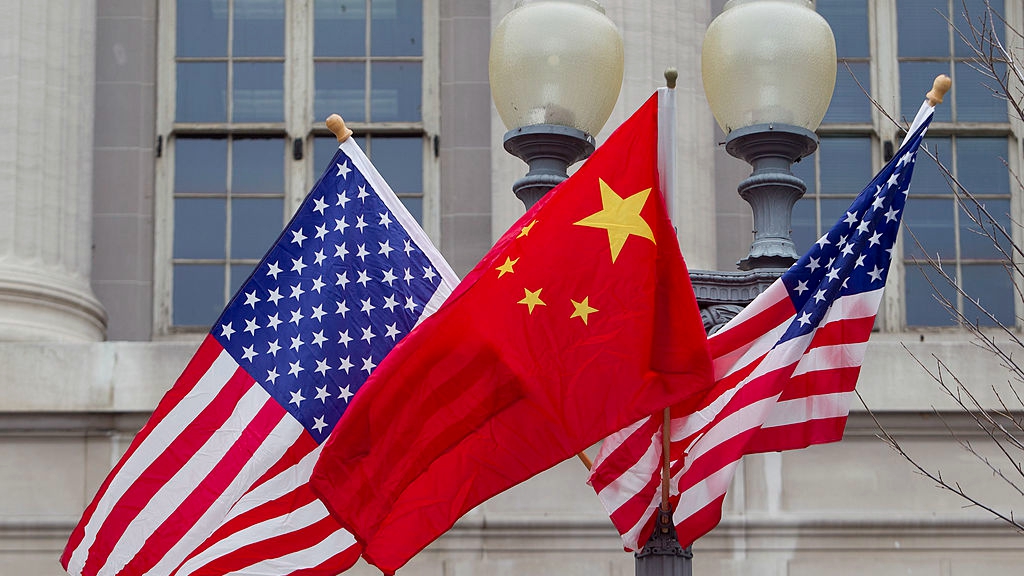
William Jones: Is there a new beginning for U.S.-China relations?
The phone call on September 10 between U.S. President Joe Biden and Chinese President Xi Jinping was an important encounter that has the potential of setting into motion a new direction in the deteriorating U.S.-China relationship.
2021-09-13 -
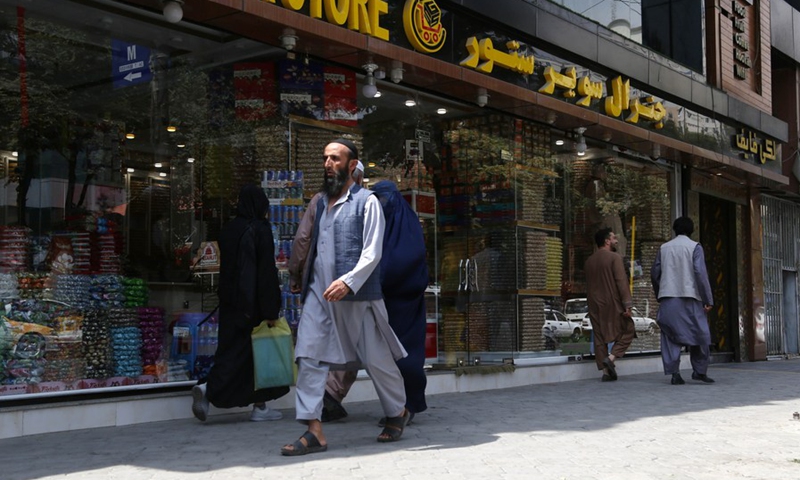
Zhou Rong: Chinese firms eye resumption of freight train to Afghanistan, after $31m in emergency aid
After Chinese State Councilor and Foreign Minister Wang Yi announced 200 million yuan worth of aid to Afghanistan, Chinese merchants are hopeful that the China-Central Asia freight trains could be re-opened as soon as possible, which could be a major step in helping bring much-needed humanitarian aid to the war-torn country as well as pave the way for its future reconstruction.
2021-09-13
























































































 京公网安备 11010802037854号
京公网安备 11010802037854号





